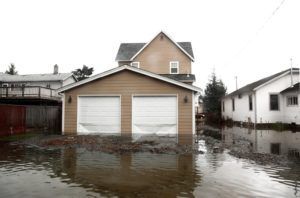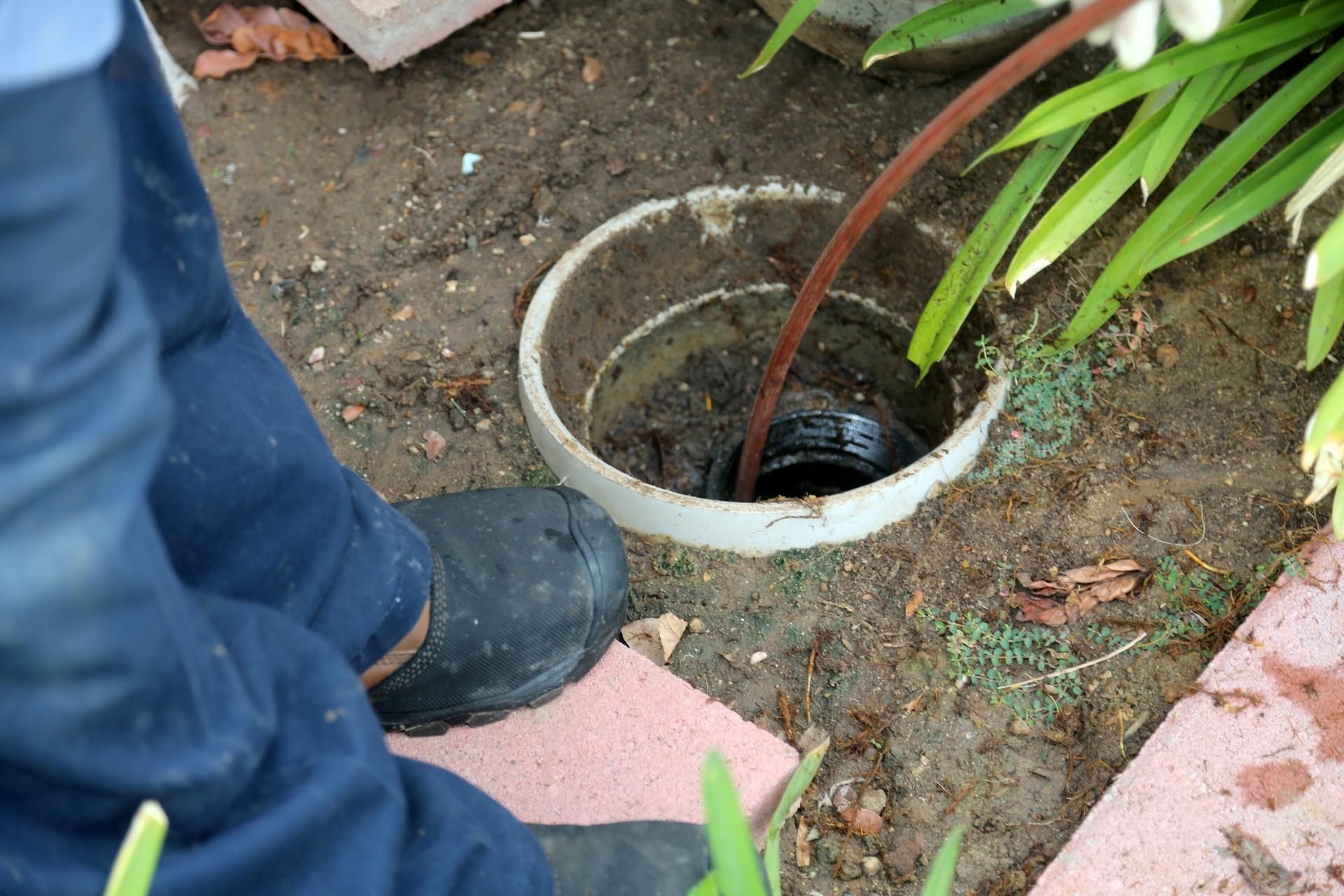What to Do if Your Basement is Flooding

It’s another peaceful morning, and you’re ready to tackle a few chores, including laundry. As you head down the basement stairs with a full basket tucked under your arm, you notice a horrific sight: your basement is flooding. Your first instinct might be to drop the basket and begin saving as many items as possible.
Unfortunately, mishandling even minor flooding in your basement can lead to unnecessary damage, or you might even get hurt. Here are some suggested steps to take once you discover your basement is filling with water.
Stay Upstairs
Resist your instinct to rush to the basement and locate the source of the leak, and try to stop the water from causing even more damage. Remember, if your basement contains a breaker box, natural gas line or anything that runs on electricity, stepping into the water is very dangerous.
If your breaker box is located in the basement, do not attempt to switch off the power to your home and instead, contact an electrician immediately. It is critical that your home is safe before you allow any other professionals to enter the premises and before you try to clean up the mess in your basement.
Call an Emergency Plumber
The cause of your flood could be environmental, or unfortunately, it could be a burst pipe. If this is the case, it is critical to contact a qualified plumber. While you wait for the plumber to arrive and repair the leak, locate the water shut-off valve. On most houses, this valve is located near the water meter and can be turned off by simply twisting a knob or handle clockwise.
However, if your home is older, there might only be a main shutoff, which is typically found near your sidewalk or curb. If this is the case, you will need to call your utility provider immediately. Let them know it’s an emergency and that you have a burst pipe.
Once the plumber arrives, they will make sure that it is safe to enter your basement. After this occurs, the plumber will repair the damage. Do not attempt to repair the damage on your own.
Your plumber will have the tools and equipment necessary to repair the pipe correctly.
Put on the Necessary Gear and Get Rid of the Water
Before you attempt to get rid of any water in your basement, it is critical to contact your homeowner’s insurance provider. Waiting for an adjuster to visit your home before you clean up the water is ideal because they can assess the damage and provide you with a fair settlement.
However, if the insurance agent can’t make it to your home for a few days, go ahead and document as much of the damage as possible with your cell phone or camera.
Next, put on the proper gear, including a pair of rubber gloves, tall rubber boots, or waders. Grab whatever you can to remove the standing water and head down to the basement. If the flooding was severe, consider purchasing or renting a water pump. However, if there is only a few inches or standing water, or your basement is small, you can use a shop vac to eliminate the moisture.
If you have a sump pump, this device will hopefully already be removing the bulk of the standing water. Consider having a sump pump and battery operated back up system installed by your plumber if you don’t’ already have one.
Now that the water is gone, it is time to begin drying out your basement. Turn on a dehumidifier, open any windows, and place box fans throughout your basement.
Remove any items that were damaged by the water and take them outside. Certain items, such as area rugs, clothing and upholstered furniture are often too damaged to be salvaged, and you should consider throwing them away.
Unfortunately, if you have wall-to-wall carpeting in the basement, chances are it will need to be removed and replaced. Typically, the water damage will be too extensive to warrant attempting to salvage the carpeting.
Call Your Plumber Again
Once your basement is dry, contact your plumber again. Your plumber can inspect the pipes to ensure that there are no future problems. If you have a sump pump that wasn’t functioning properly, your plumber can inspect and fix or replace it, as well.
Additionally, your plumber can inspect your water heater for any signs of water damage or wear. Water heater manufacturers recommend replacing water damaged units. If your water heater is cracked or the outer shell was rusted by the standing water, consider having it replaced with a newer, more energy-efficient model.
A burst pipe in the basement can lead to a disastrous, costly mess. If you have any plumbing needs, or questions about how to prevent basement flood in the future, call the professionals at Jim Dhamer Plumbing and Sewer, Inc.
The post What to Do if Your Basement is Flooding appeared first on .
Leave A Reply
More Posts









